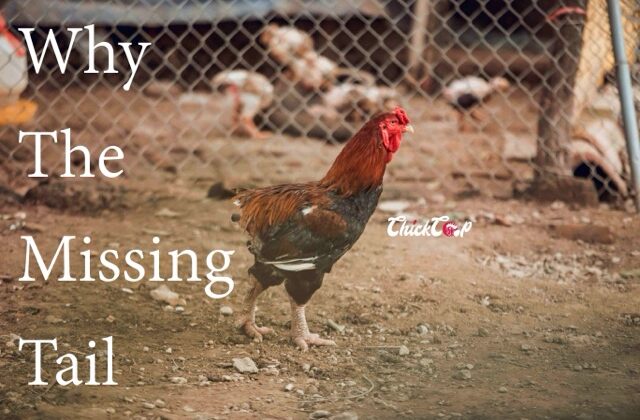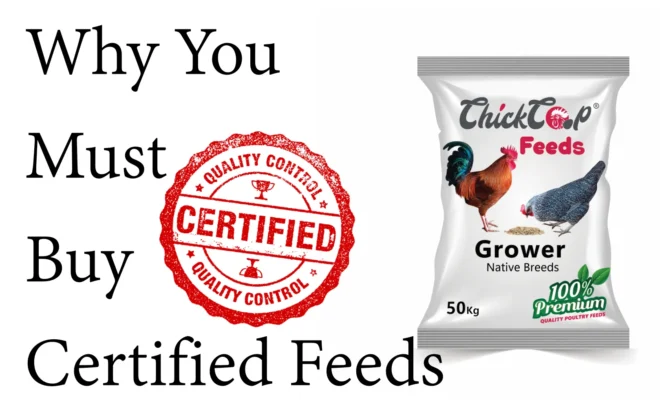
Health Concern Due to Strict Vegetarian Diet, Must Read!
Adopting a vegetarian or vegan lifestyle is often motivated by ethical, environmental, or health reasons. Early research suggested that plant-based diets could reduce risks of type 2 diabetes, hypertension, obesity, ischemic heart disease, and even certain cancers. While these benefits are appealing, a strict vegetarian or vegan diet also carries potential risks. Excluding animal products entirely can lead to deficiencies in essential vitamins, minerals, and fatty acids that are critical for long-term health. Without proper planning and supplementation, the consequences of these deficiencies can be severe.
Below, we break down the major nutrient concerns associated with strict vegetarianism, so you can make informed choices about your health and diet.
Vitamin B12 Deficiency
Vitamin B12 is essential for healthy nerve function, red blood cell formation, and DNA synthesis. Most people obtain sufficient B12 from animal products like meat, fish, milk, and eggs. Strict vegetarians and vegans, however, are at high risk of deficiency.
B12 deficiency is not only common among plant-based eaters but also in older adults, where absorption decreases with age. In the U.S. and U.K., around 6% of people under 60 show deficiency, but in developing countries the rates are far higher—up to 70–80% in parts of India and Africa.
Low levels of B12 can lead to fatigue, weakness, memory loss, neurological problems, and in severe cases, pernicious anemia. This makes supplementation or inclusion of fortified foods (like cereals or nutritional yeast) absolutely critical for strict vegetarians.
Vitamin D Deficiency
Vitamin D, also called calciferol, plays a central role in bone health, immune function, and calcium absorption. While sunlight exposure allows the body to synthesize vitamin D, modern lifestyles and geographic factors often limit this natural source.
Children with inadequate vitamin D are at risk of rickets, a condition that causes soft, weak bones and skeletal deformities. Adults can develop osteomalacia and osteoporosis, making bones fragile and prone to fractures. Deficiency is also linked to type 2 diabetes, autoimmune diseases, and neurological issues.
Although some plant-based milk alternatives are fortified with vitamin D, natural dietary sources—such as fatty fish, egg yolks, and cod liver oil—are absent in a strict vegetarian diet. This makes supplementation almost unavoidable.
Calcium Deficiency
Calcium and vitamin D are closely connected, as vitamin D helps the body absorb calcium. A lack of calcium can result in osteoporosis, muscle spasms (tetany), and even dangerous cardiac arrhythmias.
Strict vegetarians who exclude dairy products are especially at risk. While calcium is present in green leafy vegetables, sesame seeds, and fortified products, it’s harder to reach daily requirements without dairy or supplements. Long-term deficiency can silently weaken bones and teeth, only showing its effects later in life.
Omega-3 Fatty Acids Deficiency
Omega-3 fatty acids (EPA and DHA) are vital for brain health, vision, fertility, and cardiovascular health. They are abundant in fish, eggs, and certain meats but scarce in plant-based diets. Strict vegetarians relying only on plant-based ALA (from flaxseeds, chia seeds, or walnuts) may not convert enough of it into EPA and DHA.
Deficiency can lead to hair loss, fatigue, poor concentration, impaired child development, and reduced heart health. Algae oil supplements are one of the few reliable plant-based sources of EPA and DHA.
Iron Deficiency
Iron-deficiency anemia is one of the most widespread nutritional problems globally. Symptoms include fatigue, hair loss, brittle nails, pale skin, and reduced immunity.
Vegetarians are at a disadvantage because plant-based foods provide non-heme iron, which is absorbed less efficiently than heme iron found in meat. Additionally, compounds like phytates, tannins, and oxalates in plants further inhibit iron absorption.
According to the World Health Organization, almost a quarter of the global population suffers from iron deficiency. Women of reproductive age, pregnant women, and children are especially vulnerable. Consuming vitamin C-rich foods alongside iron-rich plant foods (like spinach, lentils, and beans) can help improve absorption, but supplementation is often necessary.
Striking a Balance
It’s important to recognize that vegetarian and vegan diets can be healthy if carefully planned. Many nutrient gaps can be filled through fortified foods, supplements, and diverse meal planning. However, the risk of deficiencies should not be underestimated. For some individuals, including small amounts of animal products like milk or eggs may offer a practical solution to avoid long-term health issues.
Critics of strict veganism also raise questions about its evolutionary validity, pointing out that human biology has long relied on animal-based nutrients. Regardless of philosophy, the evidence is clear—ignoring deficiencies can lead to serious, lifelong health consequences.
Takeaway
A strict vegetarian or vegan lifestyle can be rewarding, but it demands vigilance. Without intentional supplementation and monitoring, the risks of vitamin B12, D, calcium, omega-3 fatty acids, and iron deficiencies are real and widespread.
If you are currently on a vegetarian or vegan diet—or considering adopting one—it’s crucial to evaluate your nutrition strategy. Health should never be compromised for ideology. A balanced diet, tailored supplementation, and regular blood work can ensure you reap the benefits of plant-based living without the risks.
At ChickCoop®, we’re more than just a Chicken Company, writing interesting blogs about them– we’re your trusted partner in building a modernized, sustainable and profitable farm. From breed selection to buy-back support, feed guidance, and modern farm management tips, we ensure farmers like you achieve the best results and profits.
Call us today to discuss your farming needs
📧 Email us at: write@chickcoop.in
📞 Call us: +91-9939209699
👉 If you’re concerned about nutrient deficiencies or want personalized guidance on maintaining a healthy vegetarian lifestyle, call us today. Our experts can help you build a diet plan that safeguards your health while respecting your choices.


